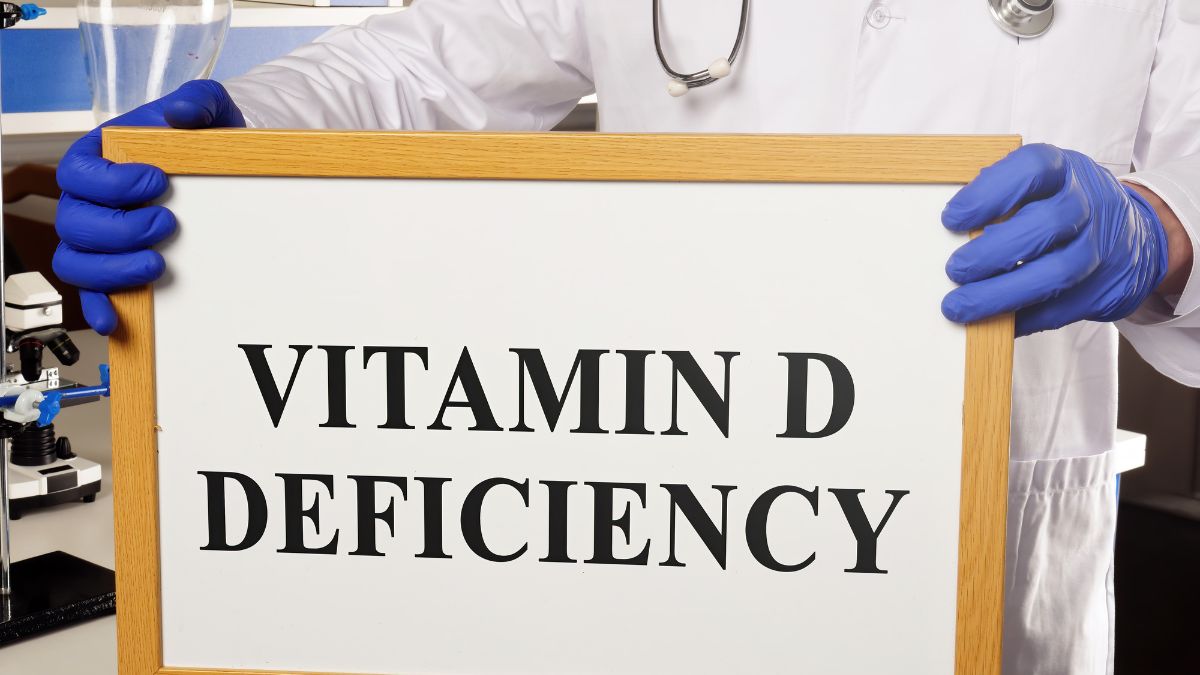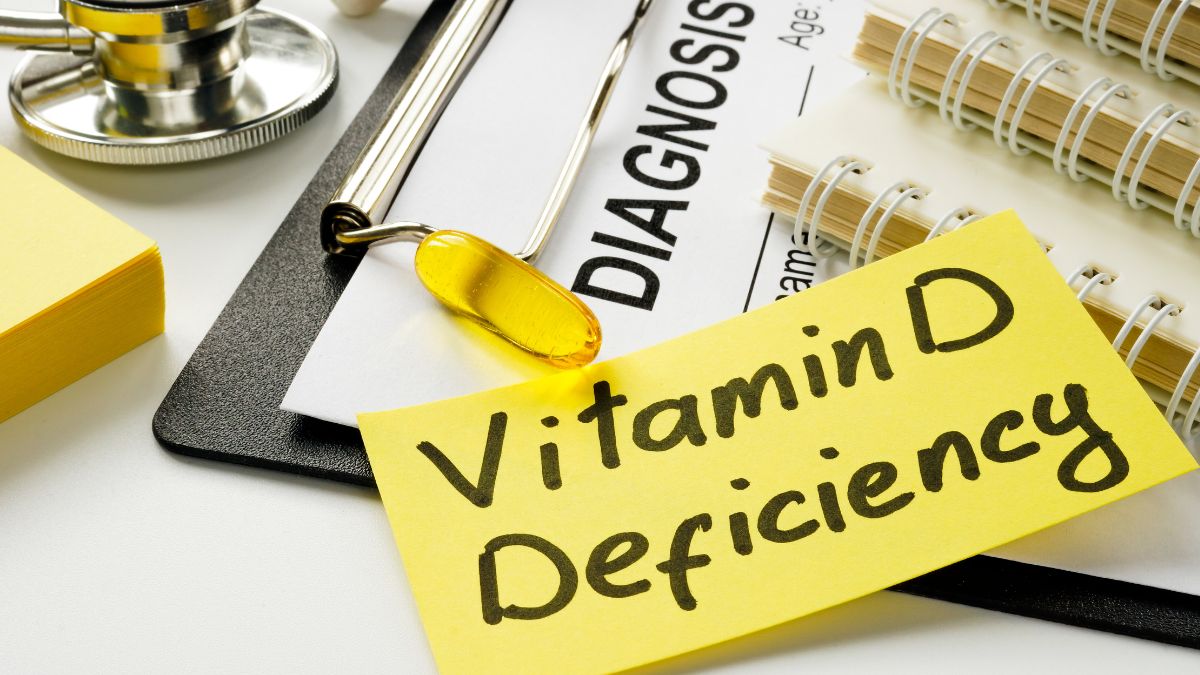- By Priyanka Munshi
- Tue, 19 Dec 2023 05:22 PM (IST)
- Source:JND
Such vital nutrients are all essential for many physiological functions, such as energy metabolism and immune system maintenance. Vitamin deficiencies frequently manifest as weakness in the immune system, exhaustion, and problems with the skin, hair, or eyes. Vitamin D deficiency can damage bones, whereas vitamin C deficiency can cause scurvy.
Also improper intake of B vitamins can lead to issues such as nerve damage and anemia. Preventing vitamin deficiencies requires eating a varied, well-balanced diet that includes whole grains, fruits, vegetables, lean meats, and healthy fats.

Common Signs Of Vitamin Deficiency (Image Credit: Canva)
Dr. Priyanka Rohatgi, who is a chief nutritionist at Apollo Hospital in Dehi, exclusively told Jagran English signs of vitamin deficiency and ways to prevent it.
According to Dr. Priyanka, vitamin deficiencies manifest discernibly through distinct clinical presentations, serving as critical indicators of insufficient intake of essential nutrients pivotal for physiological homeostasis. Timely identification of these clinical manifestations is imperative for targeted intervention."

Common Signs Of Vitamin Deficiency (Image Credit: Canva)
In addition, she added, "A deficiency in vitamin D is typified by clinical features such as asthenia, myopathy, and osseous discomfort, reflecting compromised musculoskeletal integrity. In contrast, inadequate vitamin C intake precipitates clinical scurvy, characterized by gingival edema, hemorrhage, fatigue, and arthralgia. Vitamin A deficiency is clinically discerned through nocturnal visual impairment and compromised immunoregulatory functions. To prevent vitamin deficiencies, it's important to eat a well-balanced diet with a variety of nutrients. Foods like fatty fish and fortified dairy products are rich in vitamin D. Eating fruits and vegetables ensures you get enough vitamin C, while foods like liver, sweet potatoes, and carrots are good sources of vitamin A."
At last, Dr. Priyanka said, "Taking vitamin supplements can also help, but it's important to use them carefully under the guidance of a doctor to avoid potential problems. Public health efforts, like adding vitamins to staple foods, help many people prevent deficiencies. Regular medical check-ups, where doctors check your vitamin levels, can catch any problems early. Making healthy lifestyle choices, like not drinking too much alcohol and not smoking, also helps prevent vitamin deficiencies."

